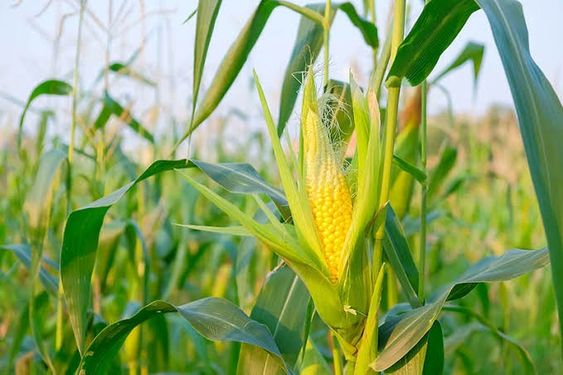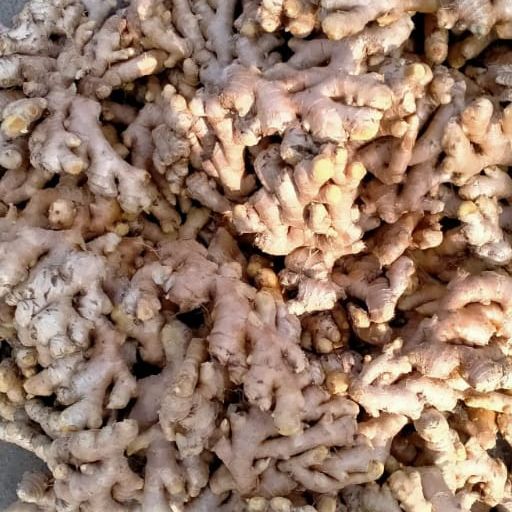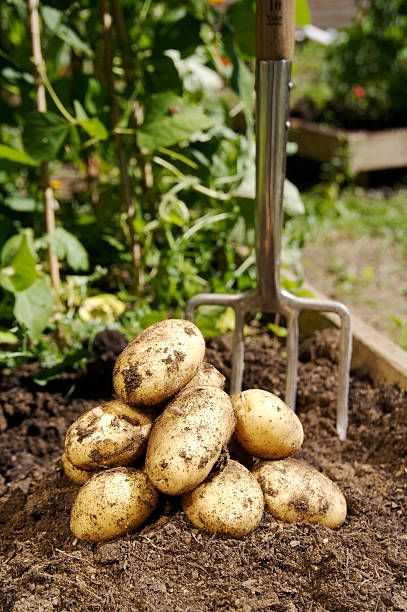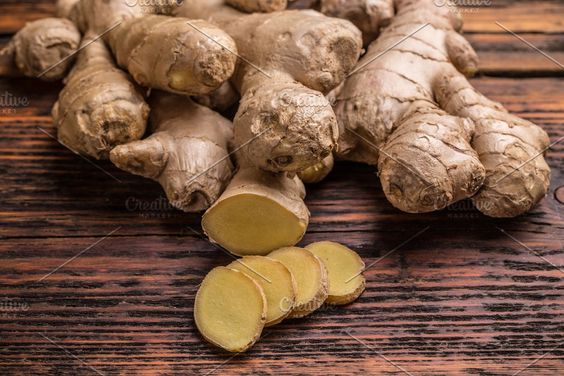Smart Corn Marketing: Optimizing Profits in the Digital Age
Corn Marketing, a versatile and vital crop, plays a crucial role in global food security. As the agricultural landscape evolves, so too must marketing strategies. Enter smart agriculture, a technological revolution transforming how farmers cultivate, manage, and ultimately, sell their corn. This article delves into the intersection of smart agriculture and corn marketing, exploring how data-driven insights and innovative tools empower producers to maximize their profits and navigate the complexities of the market.
Contents
- 1 The Evolving Corn Market: Challenges and Opportunities
- 2 Embracing Data: The Cornerstone of Smart Corn Marketing
- 3 Precision Tools for Smart Corn Marketing
- 4 Case Studies: Smart Agriculture in Action
- 5 Building a Sustainable Future: The Synergy Between Smart Agriculture and Corn Marketing
- 6 Conclusion: The Cornucopia of Smart Agriculture Marketing
The Evolving Corn Market: Challenges and Opportunities
Corn producers face a dynamic market environment. Fluctuations in global demand, competition from other crops, and unpredictable weather patterns all contribute to market volatility. Additionally, ensuring transparency and traceability throughout the supply chain becomes increasingly crucial for consumers who prioritize ethical and sustainable food production.
Smart agriculture offers a powerful toolbox to address these challenges and unlock new opportunities. By leveraging data analytics, precision farming techniques, and digital marketing platforms, corn producers can gain valuable insights into market trends, consumer preferences, and optimize their marketing strategies for superior returns.
Embracing Data: The Cornerstone of Smart Corn Marketing
At the heart of smart corn marketing lies data. Sensors deployed across fields can collect a wealth of information, including soil moisture, nutrient levels, and crop health. This data, when analyzed by advanced software, provides farmers with a comprehensive picture of their crop’s growth and development. Armed with this knowledge, producers can:
- Optimize Production: Data insights guide decisions on fertilizer application, irrigation schedules, and pest control strategies, leading to improved yield and quality. Efficient production translates to cost savings and a more competitive corn product.
- Predict Market Trends: Analyzing historical data alongside weather forecasts and global economic trends allows for informed predictions about future corn prices. This foresight empowers farmers to make strategic decisions regarding planting schedules, storage options, and selling opportunities.
- Traceability and Transparency: Smart agriculture technologies can track the corn’s journey from soil to shelf, providing valuable data on its origin, production practices, and environmental impact. This transparency builds trust with consumers who increasingly seek ethically sourced food products.
Precision Tools for Smart Corn Marketing
Beyond data collection, smart agriculture offers a range of digital tools that transform how corn is marketed. Let’s explore some key innovations:
- Digital Marketplaces: Online platforms connect farmers directly to buyers, eliminating intermediaries and potentially maximizing profits. These platforms often provide real-time market data and price quotes, allowing producers to make informed selling decisions.
- Targeted Marketing Campaigns: Leveraging consumer data, farmers can tailor their marketing messages to specific demographics. Social media advertising and targeted online campaigns can connect producers with potential buyers seeking specific corn varieties or sustainably-farmed products.
- Smart Contracts: Blockchain technology can be used to create secure, transparent contracts between farmers and buyers. These contracts automatically execute upon predefined conditions, ensuring timely payments and fair deals for both parties.
Case Studies: Smart Agriculture in Action
Real-world examples illustrate the effectiveness of smart agriculture in corn marketing.
- A farmer in Iowa utilizes yield monitors on their equipment, generating data on crop performance across different field sections. This data allows for targeted fertilization and irrigation, boosting yield in low-performing areas and maximizing overall corn production.
- A corn cooperative in Argentina leverages a digital marketplace platform to connect directly with international buyers. The platform provides real-time market data and allows the cooperative to negotiate favorable prices based on current market trends.
- A corn producer in Brazil implements a blockchain-based system to track the corn from farm to processor. This system provides verifiable data on the corn’s origin and sustainable production practices, attracting a premium price from eco-conscious buyers.
These are just a few examples of how smart agriculture empowers corn producers to take control of their marketing strategies. By embracing data-driven insights and innovative tools, farmers can navigate the complexities of the corn market with greater confidence, maximizing their profits and securing a sustainable future for their operations.
Building a Sustainable Future: The Synergy Between Smart Agriculture and Corn Marketing
Smart agriculture offers a win-win scenario for both corn producers and consumers. By optimizing resources and minimizing waste, this approach fosters sustainable production practices that benefit the environment. Additionally, transparent and traceable supply chains build trust with consumers and create a market for premium corn produced with ethical and environmentally conscious methods.
Furthermore, smart agriculture promotes a collaborative approach to corn marketing. Data sharing among producers allows for informed decision-making, reducing competition for resources and promoting a more stable market environment. By working together and leveraging the power of technology, corn producers can ensure the long-term viability of the industry and contribute to a more secure and sustainable food system.
Conclusion: The Cornucopia of Smart Agriculture Marketing
The integration of smart agriculture and corn marketing represents a significant shift in the agricultural landscape. By embracing data-driven insights, precision farming techniques, and innovative digital tools, corn producers can gain control over their operations and carve




